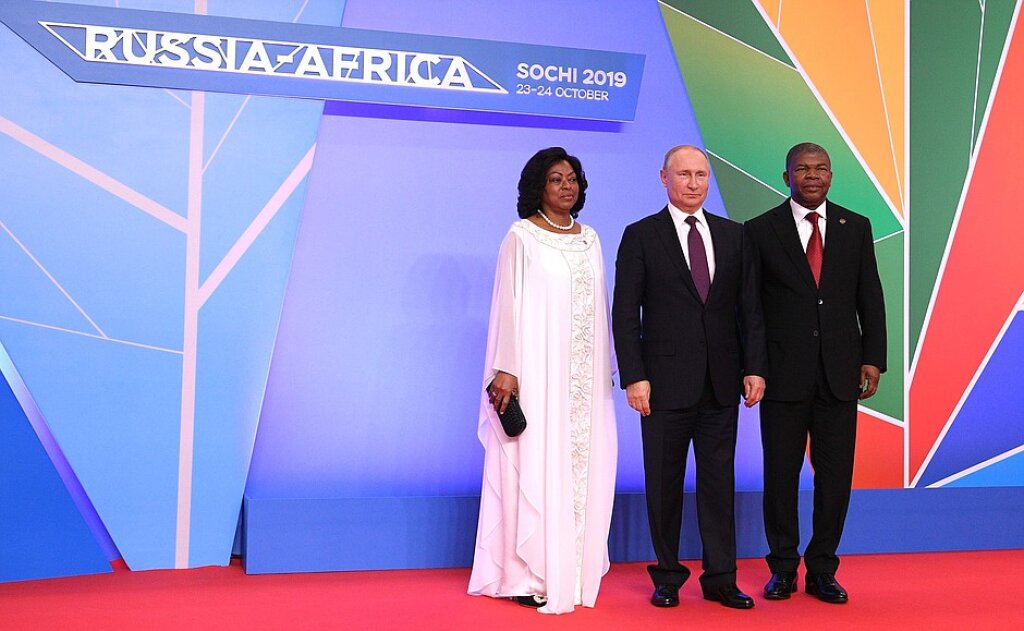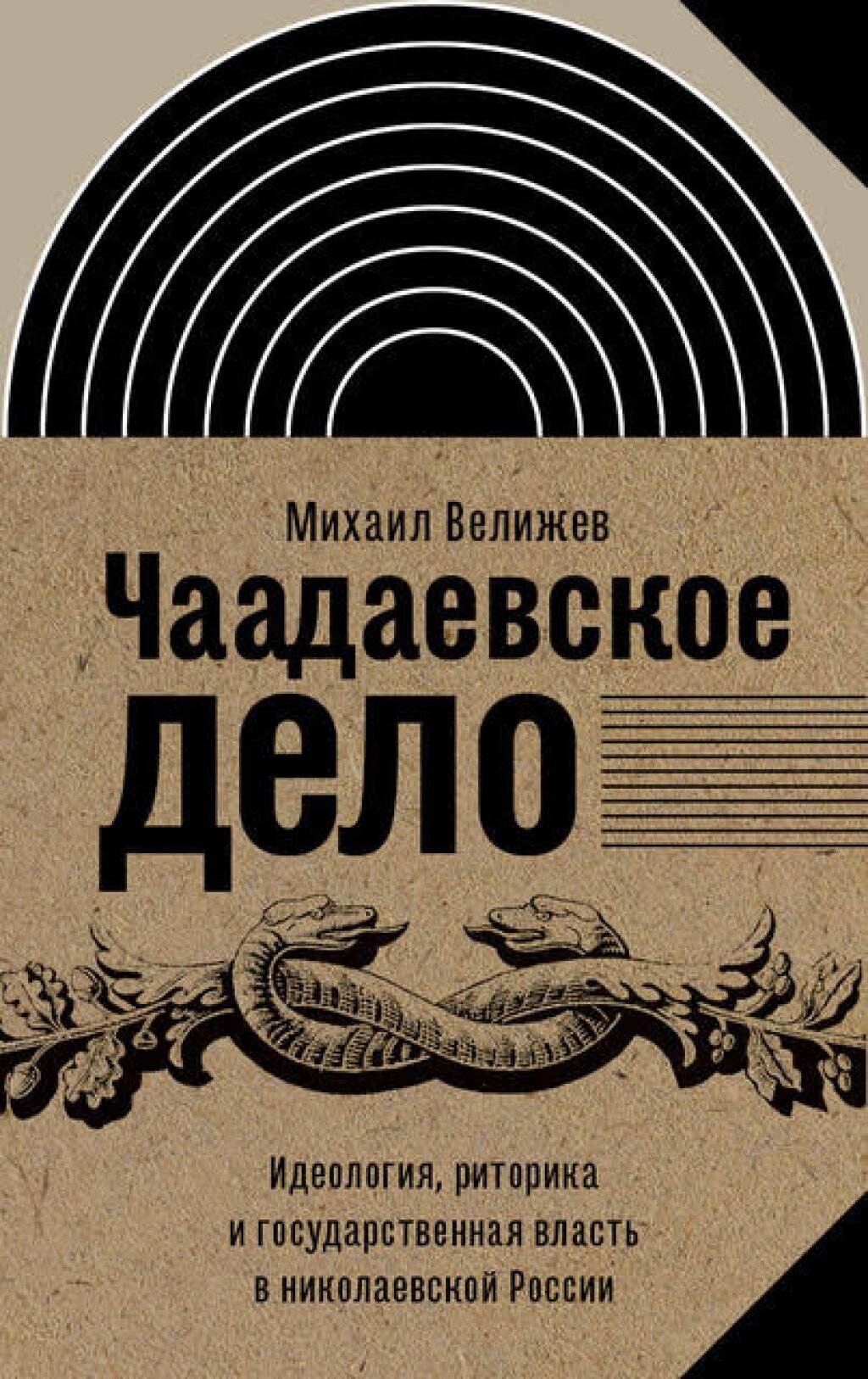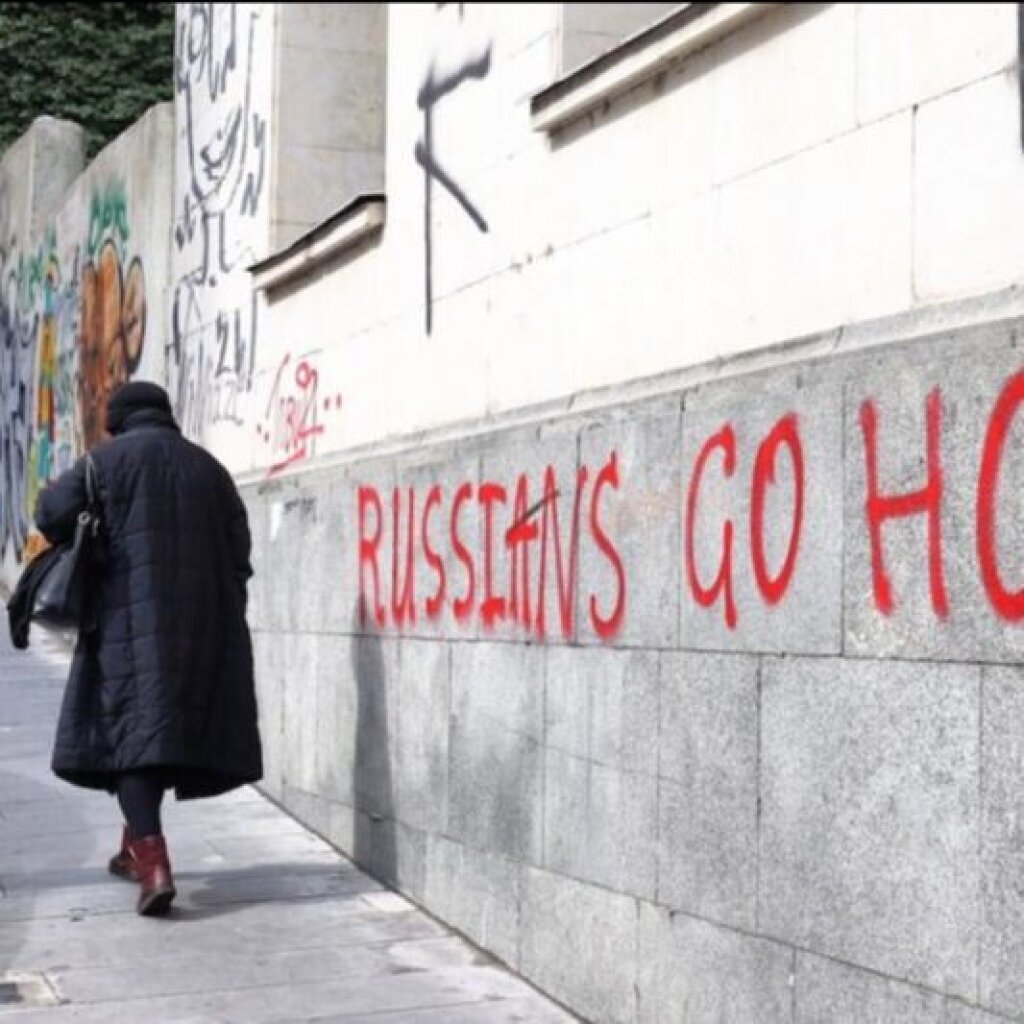Join us for a meeting of the New York-Russia Public Policy Seminar, a forum co-hosted by the Harriman Institute and the New York University Jordan Center for the Advanced Study of Russia.
Over recent years, Russia has played an increasingly active role in influencing the domestic politics of African countries, including Central African Republic, Madagascar and Libya. Russia's influence activities have grown in their intensity and range, from mounting online social media campaigns, to soliciting economic contracts and even conducting security operations. This new range of activities raises a number of issues. What is the relationship between groups conducting influence operations and the Russian state in contemporary Africa? Should they be considered part of Russia's foreign policy and, if so, what are Russia’s goals and interests on the continent? What actually distinguishes Russia’s use of social media actors and private security companies from Western actors that also employ them? And what are the practical difficulties in covering and attributing such activities? This distinguished panel of scholars and journalists will share their experiences and insights about Russia’s new toolkit of influence in Africa.
This event is supported by a grant from the Carnegie Corporation of New York.
Watch the event recording on YouTube.
PANELISTS
Roman Badanin, editor-in-chief of the investigative media outlet Proekt
Shelby Grossman, Research Scholar at the Stanford Internet Observatory
Kimberly Marten, Professor & Chair of Political Science at Barnard College, Columbia University
Khadeja Ramali, independent social data analyst and researcher
Moderated by
Alexander Cooley, Director of the Harriman Institute, Columbia University
Joshua Tucker, Director of the Jordan Center for the Advanced Study of Russia, New York University
BIOGRAPHIES & PUBLICATIONS
Roman Badanin is editor-in-chief of the investigative media outlet Proekt and former editor-in-chief of TV Rain, one of Russia's few independent news outlets in Russia. Badanin, who began his journalistic career in 1996 at Izvestiya, has since edited several media projects, such as RBC, Gazeta.ru, and Forbes Russia.
Shelby Grossman is a Research Scholar at the Stanford Internet Observatory. Her primary research interests are in online political disinformation, the political economy of development, and Africa. Her articles appear in Comparative Political Studies, PS: Political Science and Politics, World Development, and World Politics. She was an Assistant Professor of Political Science at the University of Memphis from 2017-2019, and a Postdoctoral Fellow at Stanford University’s Center on Democracy, Development, and the Rule of Law from 2016-2017. She received her Ph.D. from the Department of Government at Harvard University in 2016.
"Evidence of Russia-Linked Influence Operations in Africa," Stanford Internet Observatory, October 30, 2019.
Kimberly Marten is a professor of political science (and the department chair) at Barnard College, Columbia University. She is a faculty member of both Columbia’s Harriman Institute and its Saltzman Institute for War and Peace Studies. She has written four books: Warlords: Strong-Arm Brokers in Weak States (Cornell, 2012); Enforcing the Peace: Learning from the Imperial Past (Columbia, 2004); Weapons, Culture, and Self-Interest: Soviet Defense Managers in the New Russia (Columbia, 1997); and Engaging the Enemy: Organization Theory and Soviet Military Innovation (Princeton, 1993), which received the Marshall Shulman Prize. The Council on Foreign Relations published her special report, Reducing Tensions between Russia and NATO (2017). In addition to her numerous academic journal articles, her policy pieces have appeared in the Washington Quarterly, ForeignAffairs.com, War on the Rocks, Lawfare, the Washington Post’s Monkey Cage blog, the Huffington Post, the New York Times, and the New Republic. She is a frequent media commentator, and appeared on “The Daily Show” with Jon Stewart. She earned her A.B. at Harvard and Ph.D. at Stanford. She is a member of the Council on Foreign Relations and the International Institute for Strategic Studies, and is a founding member of PONARS-Eurasia.
"Russia’s use of semi-state security forces: the case of the Wagner Group," Post-Soviet Affairs, 35:3, 181-204 (2019).
"Russia’s Back in Africa: Is the Cold War Returning?," The Washington Quarterly, 42:4, 155-170 (2019).
“Russ-Afrique? Russia, France, and the Central African Republic,” PONARS-Eurasia Policy Memo 608, August 2019.
“Into Africa: Prigozhin, Wagner, and the Russian Military,” PONARS-Eurasia Policy Memo 561, January 2019.
Khadeja Ramali is an independent social media analyst who focuses on online spaces, culture, and political discourse in the MENA region. Khadeja has worked with NGOs, research centers, and companies to look into Arabic language disinformation, social media monitoring in elections, information operations in the MENA region, foreign interference campaigns in North Africa in addition to Russian interference in the Libyan online space. In Libya, she founded a digital media platform focused on women's rights and digital literacy.
"Blurring the lines of media authenticity: Prigozhin-linked group funding Libyan broadcast media," Stanford Internet Observatory, March 20, 2020.
This event will be held virtually as a Zoom webinar. Click on this link at 12 pm on June 18th to join. The event will also be live-streamed on the Harriman Institute’s YouTube page.
This event is supported by a grant from the Carnegie Corporation of New York.



